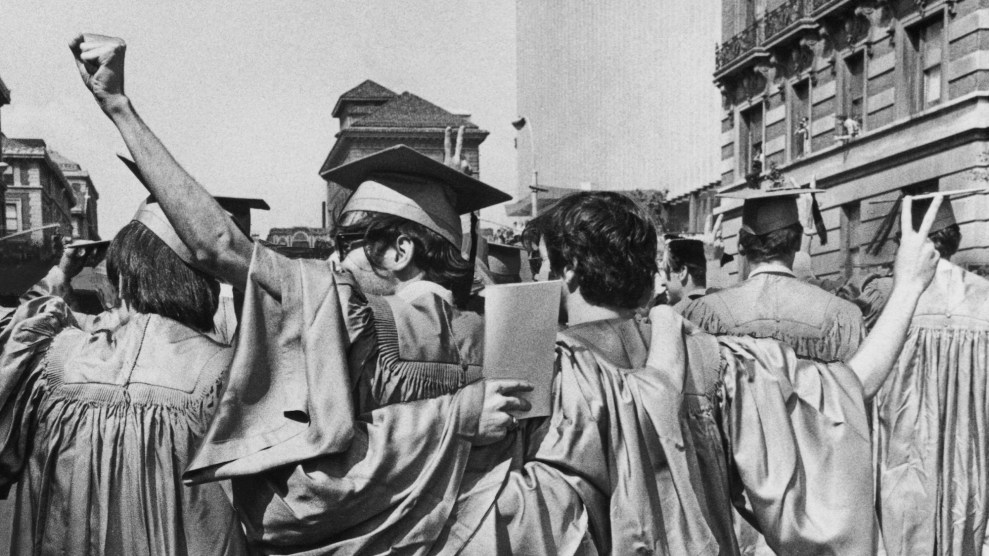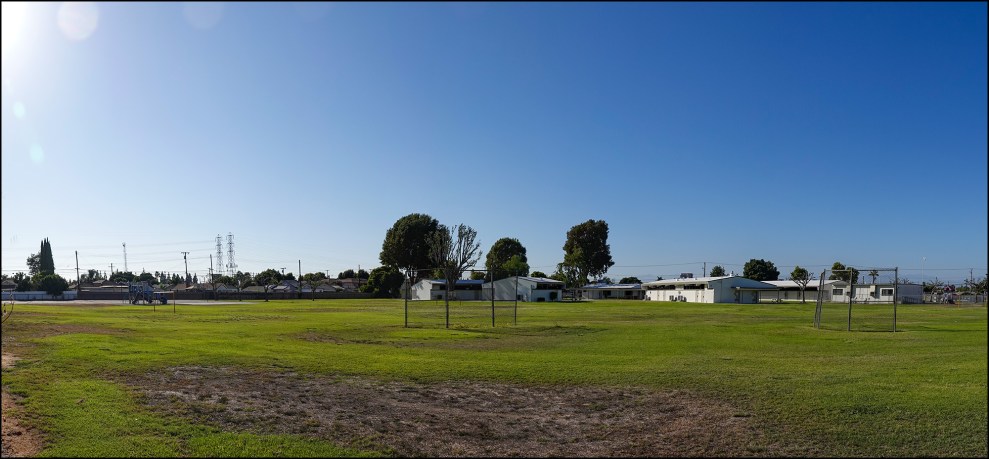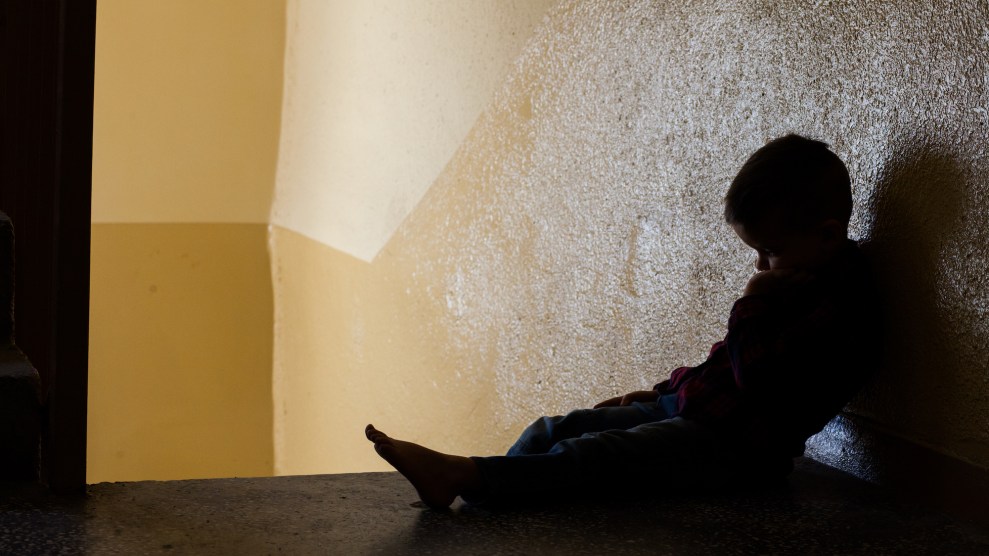
New York, N.Y.: Columbia University students walk down Amsterdamn Avenue in Manhattan after walking out of commencement exercises in protest on June 4, 1968.Don Jacobsen/Newsday RM/Getty Images
As the school year begins, the future of college remains uncertain.
Like the rest of the United States’ response to the coronavirus, the process has been balkanized. Some colleges are fully reopening (with plans to mitigate spread); others are trying to go totally online; some are using a hybrid model. Just a few months ago, some universities announced plans to reopen in person, but now—with cases booming again—have reversed course.
With the Trump administration pushing to reopen schools no matter the consequences, they’ve left schools with no choice: Online education is the way forward. Learning through a screen will be the new normal for the fall semester. This brings up a persistent question: What do students miss when the college experience is yanked from them?
A lot, says Dr. Matthew Mayhew, an author and Professor of Educational Administration at Ohio State University. For almost 30 years, Mayhew has studied how the “traditional” university path affects the development of young adults and their political identities. After an effective teacher, he says, “peer education” is the most important factor for success in higher-education learning and in general success after graduation. The campus, Mayhew says, is crucial—the parties, the dining halls, the sporting events.
Mayhew recently spoke to me over the phone about how college helps a functioning democratic society thrive, why young adult’s futures are at risk, and how, most importantly, college should be accessible to all.
How do you think the development of young adults will shift in light of online learning?
What we do know is that students learn primarily from their professors. But the second most important factor to student learning involves their relationship with their peers.
When they learn something in class, do they go to the dining halls and talk about what they’ve learned with their peers? Yeah, they do. They do that in the residence halls, too. Well, now they’re at home. They don’t have their peer group to bounce ideas off of.
Does that harm a specific group?
Most of the challenges are going to fall on students who are from narratives that fall outside of the majority narrative—whether that’s race, or religion, or other social-identity groups. College affords people the opportunity to explore themselves in ways that are outside of judgments. When folks go home, they have to psychologically readjust to being a child in the home.
Why is being surrounded by your peers so important to retaining and exploring knowledge?
Students who want to explore a different part of themselves feel comfortable doing that on college campuses because they provide affinity groups for that exploration. They allow students to dive into an opportunity—or dip their toe in and then dive right in. Those kinds of things are really hard to replicate online.
Even when we talk about friendship being an important part of developing students sensibility towards say, folks of other races and religions. When you go home, even though you might have people identifying in different ways online and classroom experiences, that might not be conducive to developing friendships—which we know are critically important to how students learn about themselves and other identities.
What about low-income students?
It’s absolutely endless. There are serious ramifications for bringing students home in this in the context of COVID.
What if their families were laid off? Because of what’s going on? Then there’s going to be additional burdens for the students who contribute to the family household bottom line. And will they have time to go to class and do that at the same time? Many students serve in the hospitality/service industry and that is now compromised.
This exacerbates the whole conversation about finances. It’s why people are upset with how much college costs.
So why do you think that it’s so important to understand student’s relationship to college and then to society in general?
It’s one of the most important pillars of American society, higher education. It is the great intervention, like it or not. It’s oftentimes the first time humans ever go away, and locate themselves in a context where they have to make decisions for themselves. The first time they ever have access to people who think very differently about the world than they do, it’s the first time for a lot of those things to occur. We can really create a society that we really want as a result of encouraging students to go to college.
Based on the research and based on everything that we’ve learned, we do know that college works. That’s a very, very important idea. And that’s been demonized and compromised over time by a lot of different people in the country on a lot of different levels.
So this is all just a big argument for college accessibility?
Exactly. Yes.
What are some of the repercussions a society might face when this type of development isn’t happening—that makes college accessibility generally important?
All we can do is hypothesize based on what we know college is effective at doing, which is helping students develop their democratic self, or their civic self. So a lot of times colleges often offer opportunities for service learning experiences. And without having those opportunities, maybe the student wouldn’t develop their civic sensibilities. That might translate into students graduating from college having taken courses online, but not able to or wanting to vote, or participate in democracy in the same ways as they would had they been physically present on a college campus. Again, it’s not only service learning, it is: “Are you going to talks? Are you going to protests?”
How would you advise students who are returning to an environment of crazy uncertainty?
Let’s recap: What can college-going can be, or is it supposed to be? I think that students can access a really good time even in a socially distance environment. But guess what? There are students who can’t afford college to the left and right. And they’re taking jobs and they have to get up and serve the night shift in order to take an entry level job at 17 or 18 years old. It’s like, well, that college experience has always been a luxury, privileged experience. Now you have the opportunity to grow up and realize that your peers who aren’t going to college, oftentimes they have to mature very quickly as well.
This conversation has been edited for clarity and length.















